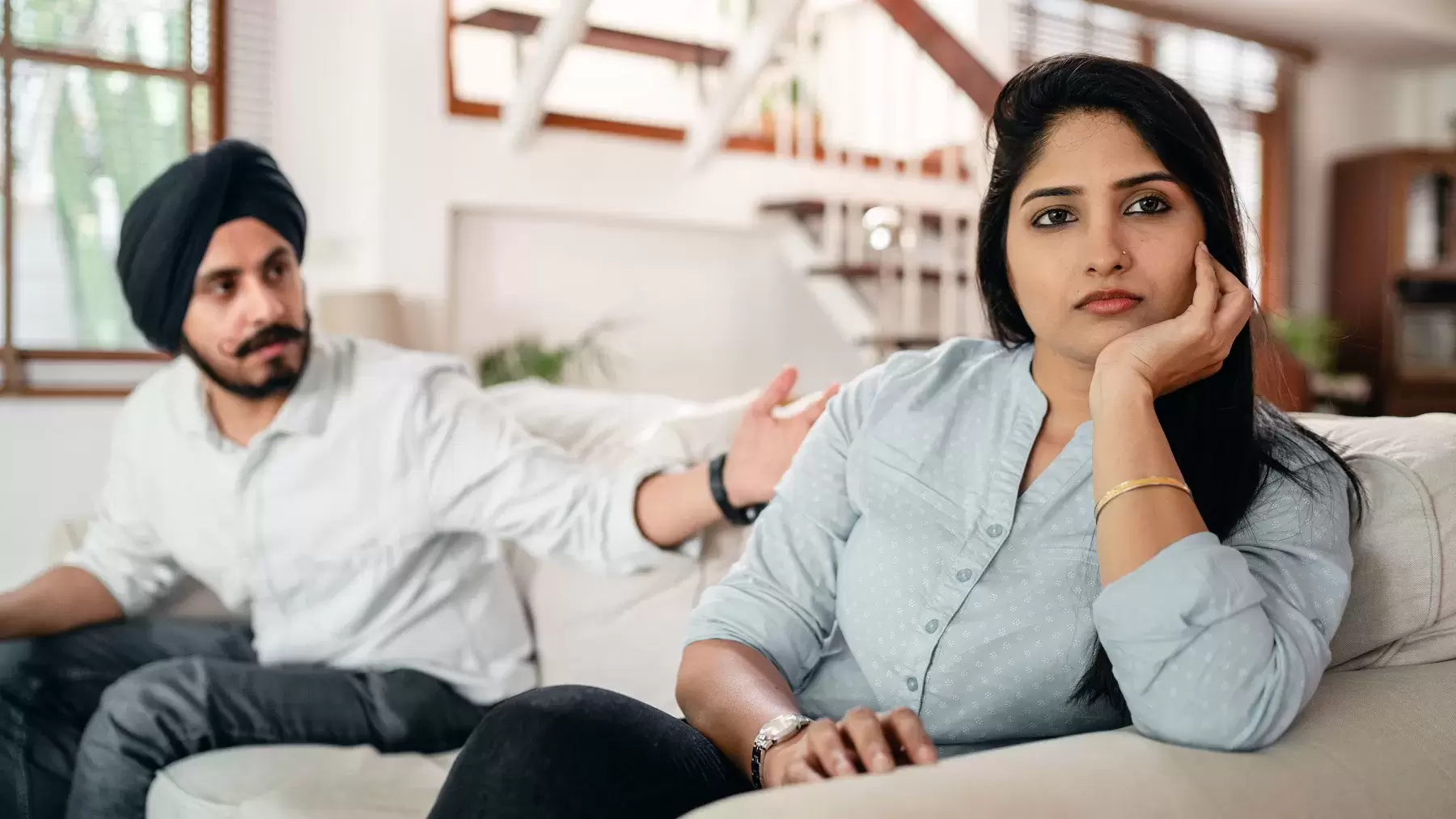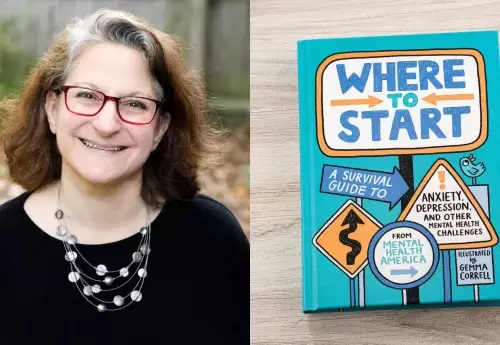
Guilt is a feeling that runs through the very social fabric of South Asian culture. Guilt at its core is a natural and healthy emotion that all humans experience. It comes from a sense of responsibility related to our actions, and it helps us relate to others and holds us accountable. As a South Asian mental health therapist, I have seen guilt take an ugly turn in this community because of complex factors that are unique to this group.
Many South Asians grow up in collectivistic homes where the well-being of the family is highly valued. While this helps South Asian families stay connected, it can be problematic if it comes at the expense of the individual’s well-being. Unfortunately, that is the case for many South Asian homes, where guilt tripping is used to force people to comply with familial values and expectations. When it runs rampant, it creates a chronic state of guilt, also known as toxic guilt, which leads people to constantly question their actions and worth. This type of emotional blackmail leads South Asians to put other people’s needs before their own. even when it is hurting them. We may apologize for things that are not our fault, accommodate other people’s needs while putting ourselves in difficulty, or excuse abusive behavior because someone is an elder.
While we may engage in these behaviors to protect our relationships, functioning from a place of toxic guilt over time results in feeling resentment towards the very people whose values we are trying to appease. When unchecked, toxic guilt may turn into shame and cause worsening mental health. In fact, 1 in 5 South Asian Americans report experiencing a mood or anxiety disorder in their lifetime, both of which include deep feelings of shame. In the quest to not abandon our loved ones we may end up abandoning ourselves.
As South Asians we may feel like we are in an uphill battle when going against the grain of generational patterns. We may not feel like we have the option of removing ourselves from environments where toxic guilt was born. However, there are some steps we can take to create healthy change through our actions:
- Identify how guilt shows up in your life. Write down how your choices are influenced by guilt. Introspection will allow you to notice patterns you want to address.
- Get in touch with your values. Identifying what is important to you will help you build a stronger identity and provide a meaningful sense of direction. Aligning with your values will help you feel more secure in your decisions when someone is trying to guilt trip you.
- Set boundaries. Many South Asians can’t entirely cut off family members who use emotional blackmail. You can still set boundaries by limiting your time and what you share with them. Clearly state that your decisions are not a topic you are willing to discuss. Remember, there is nothing wrong with sharing your needs if you do it in a healthy way.
Guilt is a healthy emotion, and the goal is not to remove it from our lives. The goal is to create a balanced way of experiencing guilt in a way that is in line with our values as South Asians: Respecting ourselves but also respecting the ones we love.
Maliha Khan, LPC, is a Pakistani-Muslim therapist. Learn more on her Instagram and YouTube pages.




